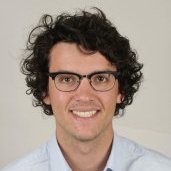 |
Fabien Baradel has just completed his PhD at INSA Lyon
under direction of Christian Wolf and Julien Mille. During his PhD is has working on structured models for video
analysis with a focus on task such as action recognition and counterfactual prediction. In Fall, he will be
joining Naver Labs Europe as a research scientist for working on similar topics with a long term research interest
to develop efficient and reliable models for video understanding in the wild. |
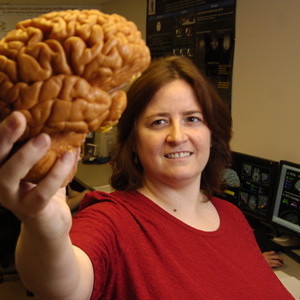 |
Jody Culham is a Professor in the Department of
Psychology at Western University in London, Ontario. Her research focuses on how vision is used for perception
and to guide actions in human observers. In order to answer these questions, she makes use of several techniques
from cognitive neuroscience, including functional Magnetic Resonance Imaging (fMRI) and behavioral testing. |
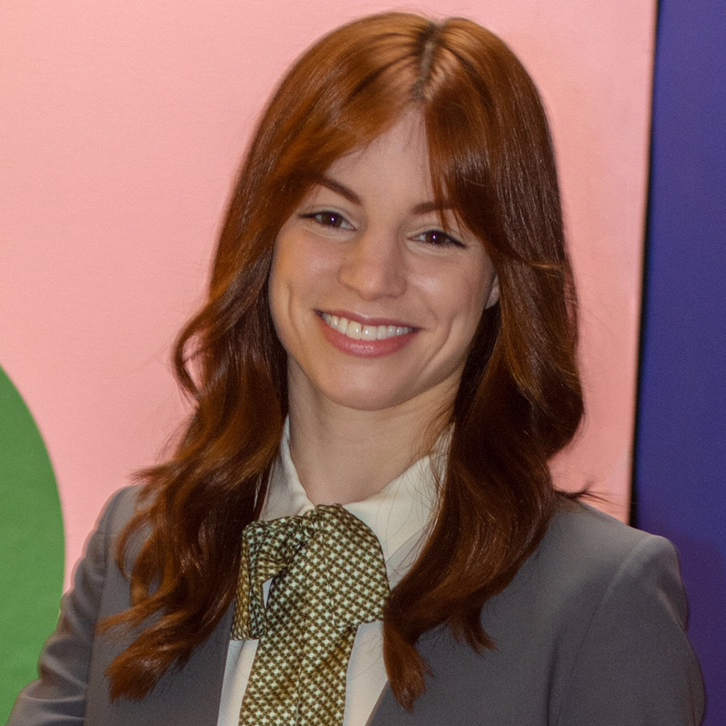 |
Moira Dillon is an Assistant Professor of
Psychology at New York University and directs the Lab for the Developing Mind. Her work uses cognitive,
developmental, and computational approaches to gain insight into the origin of abstract thought. A central thrust
of her work concerns the development of human geometry, from the basic spatial sensitivities of infants, to the
untutored use of spatial symbols and language by children, to the high-level spatial concepts of adults. Her work
also explores how basic mechanisms of perception and cognition about objects, agents, and places might shape the
products of human culture. Dillon is supported by an NSF CAREER Award, a Jacobs Foundation Early Career
Fellowship, and DARPA. |
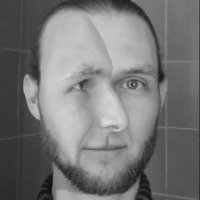 |
Klaus Greff is a Research Scientist at Google Brain in Berlin
and a PhD student at IDSIA with Jürgen Schmidhuber. His research focuses on the binding problem in neural
networks, on learning object representations, and in particular on unsupervised object perception. His work
received an outstanding paper award from IEEE Transactions on Neural Networks and Learning Systems. |
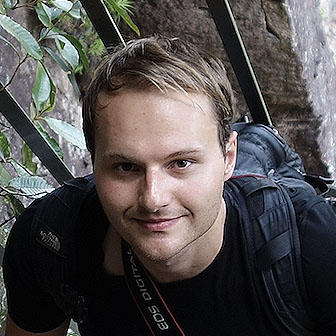 |
Thomas Kipf is a Research Scientist at Google Research in the
Brain Team in Amsterdam. He has recently completed his PhD at University of Amsterdam under Prof. Max Welling
on the topic "Deep Learning with Graph-Structured Representations". His research focuses on graph representation
learning and relational structure discovery with applications to network analysis, modeling of physical systems,
object-centric learning and reasoning, and model-based learning in agents. He has co-organized a series of graph
representation learning workshops at ICML, ICLR, NeurIPS, KDD, and ELLIS. |
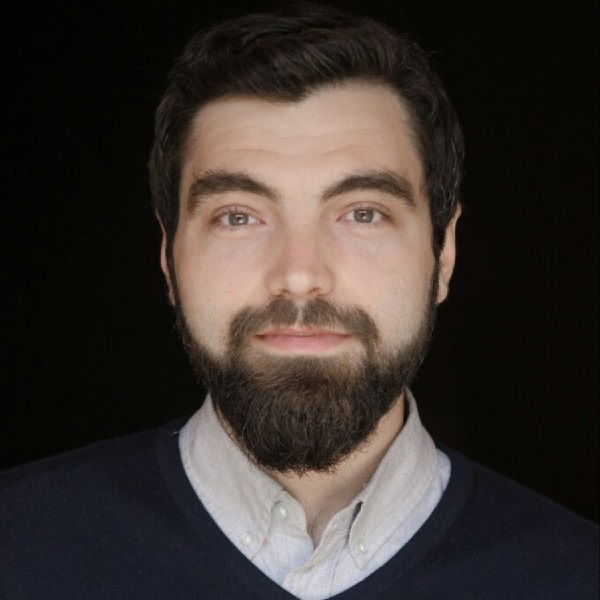 |
Igor Mordatch is a Senior
Research Scientist at Google Brain. He obtained his PhD in Computer Science from the University of Washington in
2016 with Emo Todorov and Zoran Popovic, and subsequently did a postdoc with Pieter Abbeel at UC Berkeley. His
research interests include model-based control, robotics, and multi-agent reinforcement learning. His work
received best paper award at ICLR, and press coverage from Wired, MIT Technology Review, and others. |
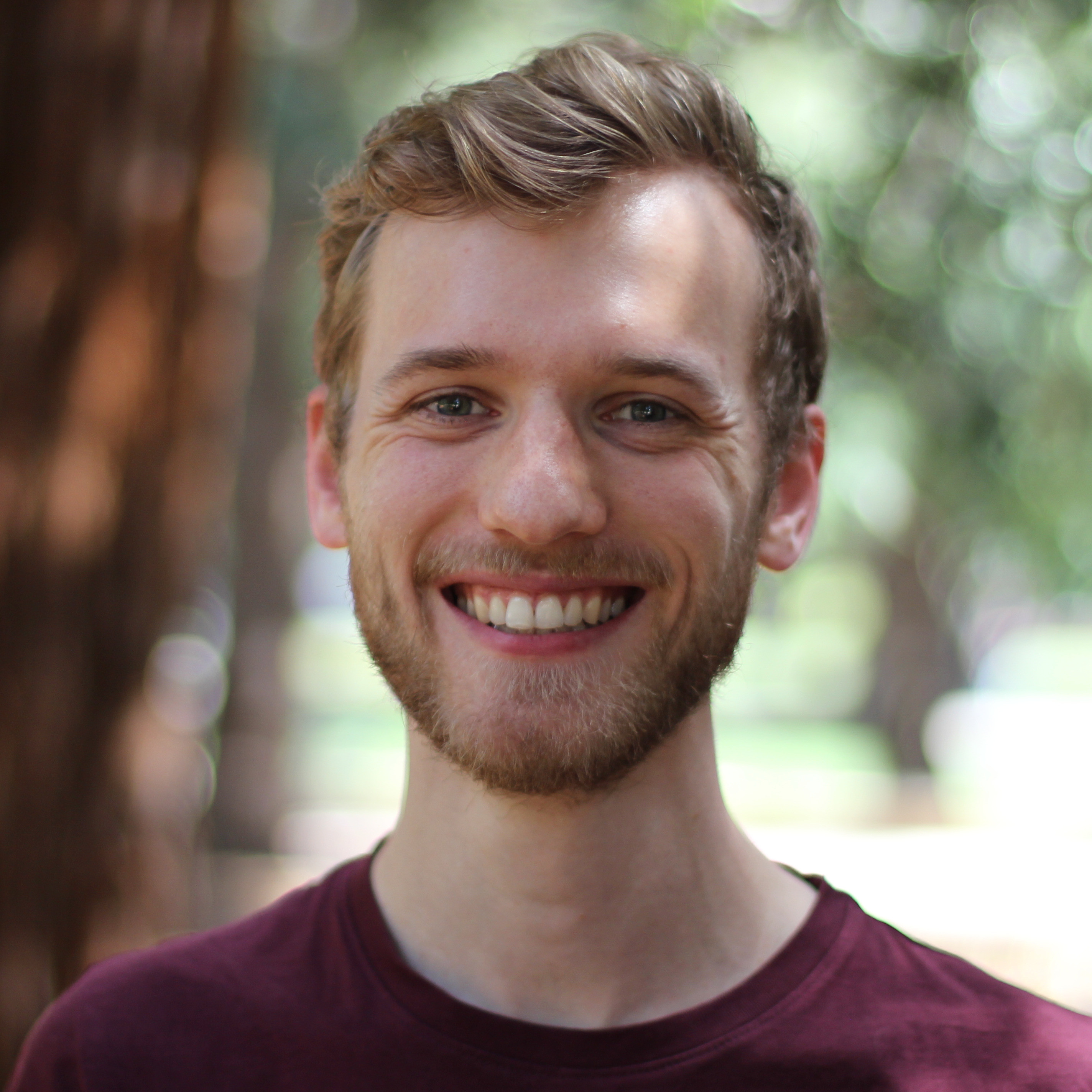 |
Vincent Sitzmann just finished his PhD at Stanford University
with a thesis on "Self-Supervised Scene Representation Learning". His research interest lies in neural scene
representations - the way neural networks learn to represent information on our world. His goal is to allow
independent agents to reason about our world given visual observations, such as inferring a complete model of a
scene with information on geometry, material, lighting etc. from only few observations, a task that is simple for
humans, but currently impossible for AI. In July, Vincent will join Joshua Tenenbaum's group at MIT CSAIL for a
Postdoc. |
 |
Linda Smith, Distinguished
Professor at Indiana University Bloomington, is an internationally recognized leader in cognitive science and
cognitive development. Taking a complex systems perspective, she seeks to understand the interdependencies among
perceptual, motor and cognitive developments during the first three years of post-natal life. Using wearable
sensors, including head-mounted cameras, she studies how the young learner’s own behavior creates learning
experiences. The work has led to novel insights currently being extended through collaborations to robotics and
artificial intelligence. She received her PhD from the University of Pennsylvania in 1977 and immediately joined
the faculty at Indiana University. She won the David E. Rumelhart Prize for theoretical contributions to
cognitive science and is an elected member of both the National Academy of Sciences and the American Academy of
Arts and Science. |







